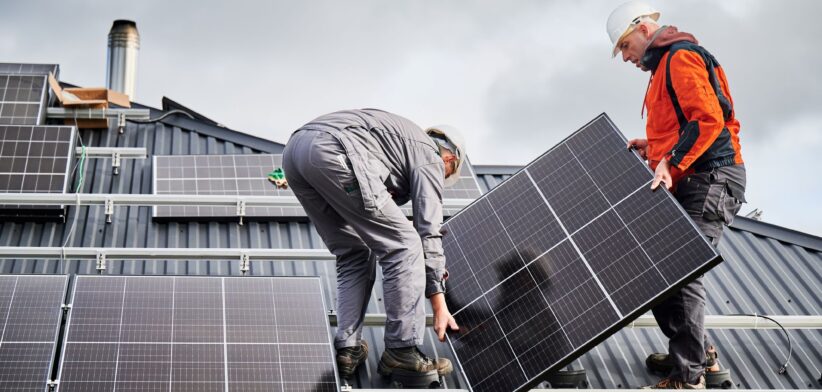A broad cross-section of Australian advocacy groups have urged the Federal Government to use the upcoming budget to better invest in the clean economy.
The group, which represent employers and workers, environmental advocates and the energy sector, the community sector and the property sector, has called for a stronger policy focus to address immediate economic pressures and long-term national needs through residential energy upgrades and a pursuit of Australia’s clean economy potential.
In a joint statement, The Australian Industry Group, Australian Conservation Foundation, Australian Council of Social Service, Australian Council of Trade Unions, Clean Energy Council, Energy Efficiency Council, Investor Group on Climate Change, Property Council of Australia and WWF-Australia said their members were aware of the current challenges to the cost of living and the cost of doing business, as well as the risks and opportunities the nation faces as climate change impacts grow and the global energy transition proceeds.
“Meanwhile, industry faces both the risk of economic disruption from shifts in global energy use – and the potential for new good quality jobs, activity and investment as demand grows for the clean minerals, metals, componentry and skills that a net zero world requires,” the statement said.
It stated that at the same time, Australians must make do with energy-inefficient homes that were expensive to live in and increasingly unsafe as extreme high temperature days become more common.
The group said the 2024-25 Federal Budget was an opportunity to make “meaningful and achievable long-term gains through ambitious energy upgrades for households and vigorous pursuit of current and future clean economy opportunities, while prioritising those on low incomes”.
“Public investment and incentives, private investment, and the full range of facilitative policy reforms all have parts to play,” the statement said.
“Each needs to be matched to the scale of the challenges we must overcome and the potential we hope to realise.”








